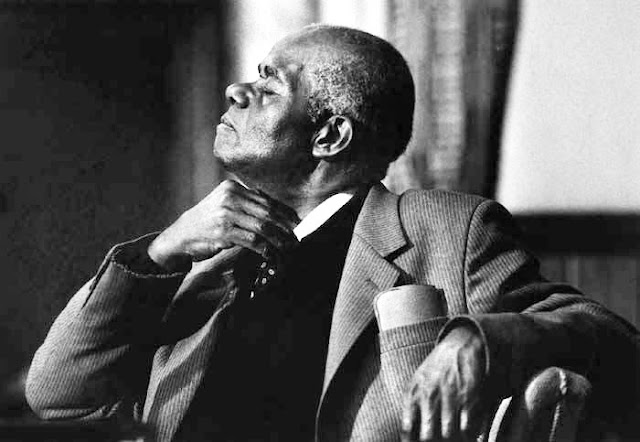2 x black american short stories by Langston Hughes and John Henrik Clarke

" The best short stories by Negro writers: an anthology from 1899 to the present " Langston Hughes (Little, Brown and Company, 1967) " American Negro short stories " John Henrik Clarke (Hill and Wang, 1966) ...................... "American Negro short stories" Autor: John Henrik Clarke Hill and Wang, 1966 355 pages ...................... Table of Contents Introduction "The Lynching of Jube Benson," Paul Laurence Dunbar "On Being Crazy," W. E. B. Du Bois "The Goophered Grapevine," Charles Waddell Chesnutt "The City of Refuge," Rudolph Fisher "The Overcoat," John P. Davis "Truant," Claude McKay "A Summer Tragedy," Arna Bontemps "The Gilded Six-Bits," Zora Neal Hurtson "Bright and Morning Star," Richard Wright "The Boy Who Painted Christ Black," John Henrik Clarke "One Friday Morning," Langston Hughes "So Peaceful in the Co...







